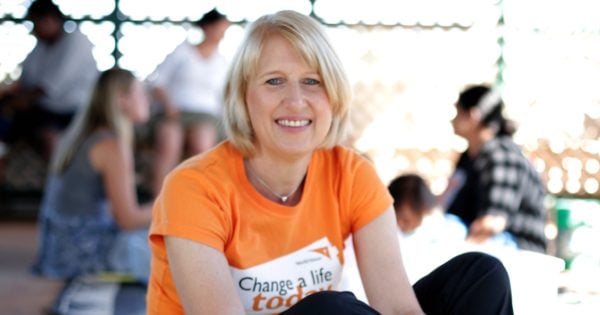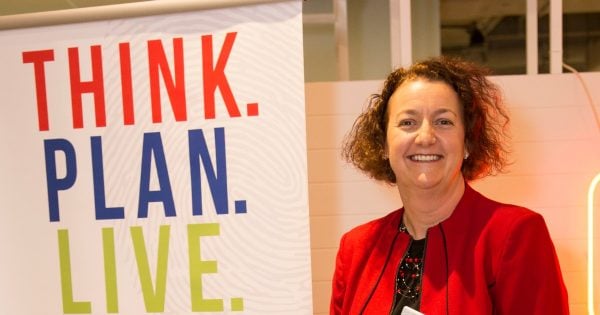There are fewer women at the helm of large Australian companies than men named John. Or Peter. Or even David. In fact, our nation’s CEOs are a staggering 40 per cent more likely to be a ‘John’ than have an XX chromosome.
Why though?
It’s not like women are hugely underrepresented in the workforce: we make up 46.2 per cent of employees and 36.7 per cent of those who work full time, according to the federal government’s Workplace Gender Equality Agency.
What’s especially curious is that a couple of rungs down the proverbial ladder things are different – not perfect by any means, but certainly better. More than one quarter of key management positions in WGEA-reporting organisations are held by women, and at executive level in the Commonwealth public service, it’s as high as 41 per cent.
In the business world, this slightly cushier place is known as the C-Suite; the senior executive level from which a board generally plucks its next CEO.
And directly above it is where the glass ceiling is at its thickest.
Claire Rogers made it through. After 16 years in banking including a successful stint as the head of digital for ANZ, the mother of two was last year named the first female CEO of World Vision Australia.
To achieve the same in the corporate world, she believes, will take a number of shifts in a number of areas for other women – sadly, especially mothers – to join her.
“When I first got an executive position, sometimes decisions would get made at 5:30 at night, which meant I’d come into the 8am meeting and everyone had read a paper and I had not, so I had no idea what they were talking about,” Rogers told Mamamia.


Top Comments
I would question the wisdom of decisions being made at 5.30 at night, when people are tired and hungry and want to go home.